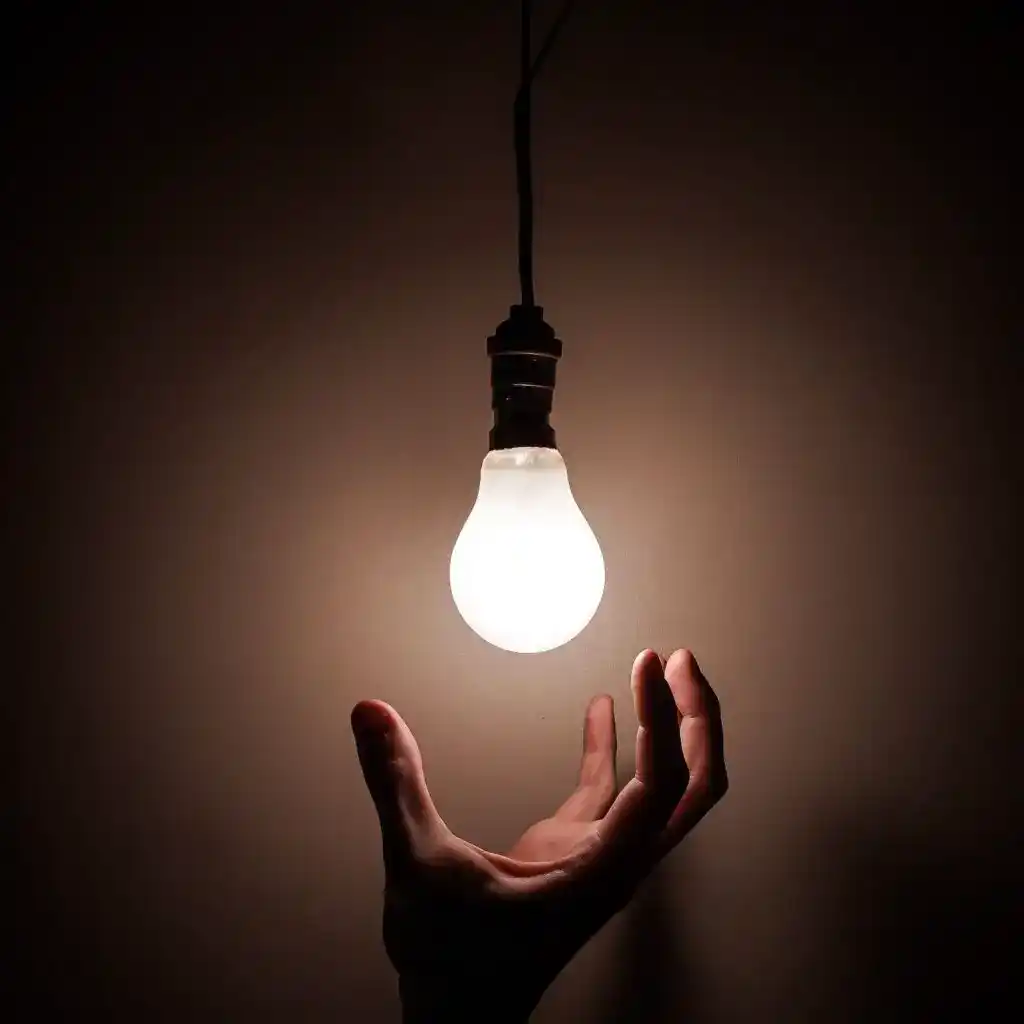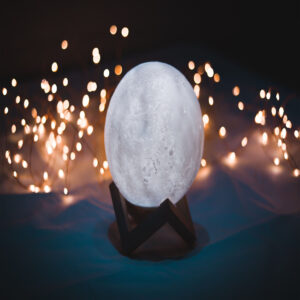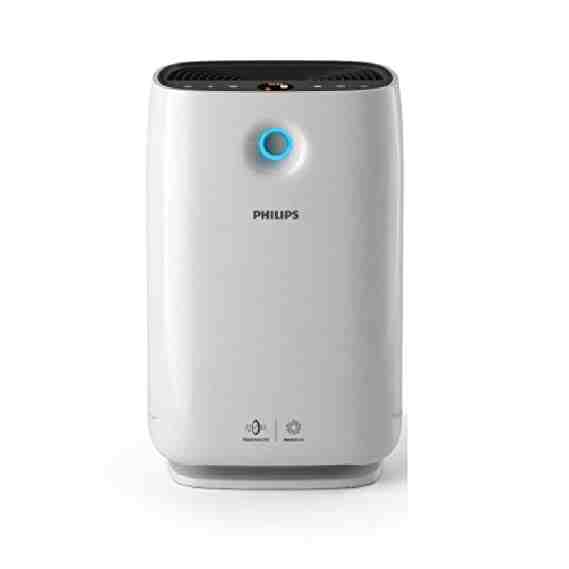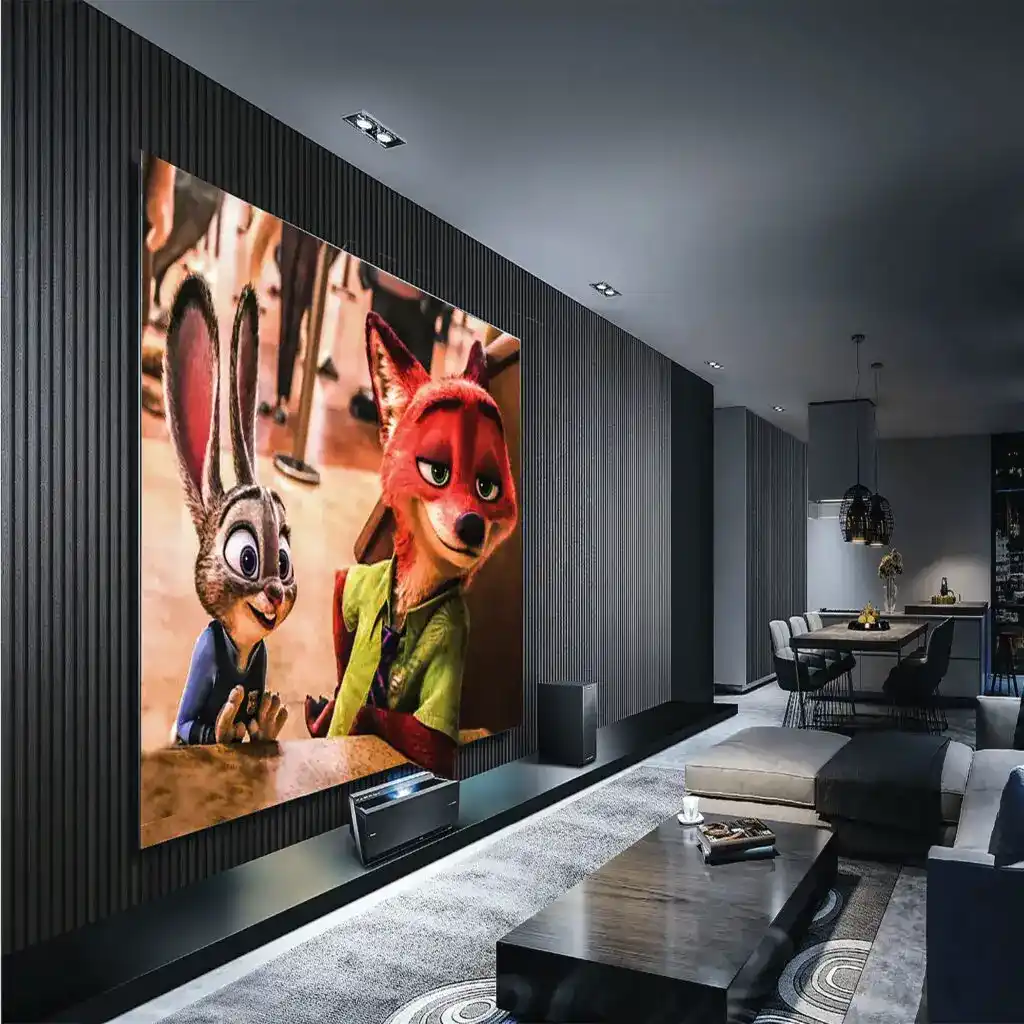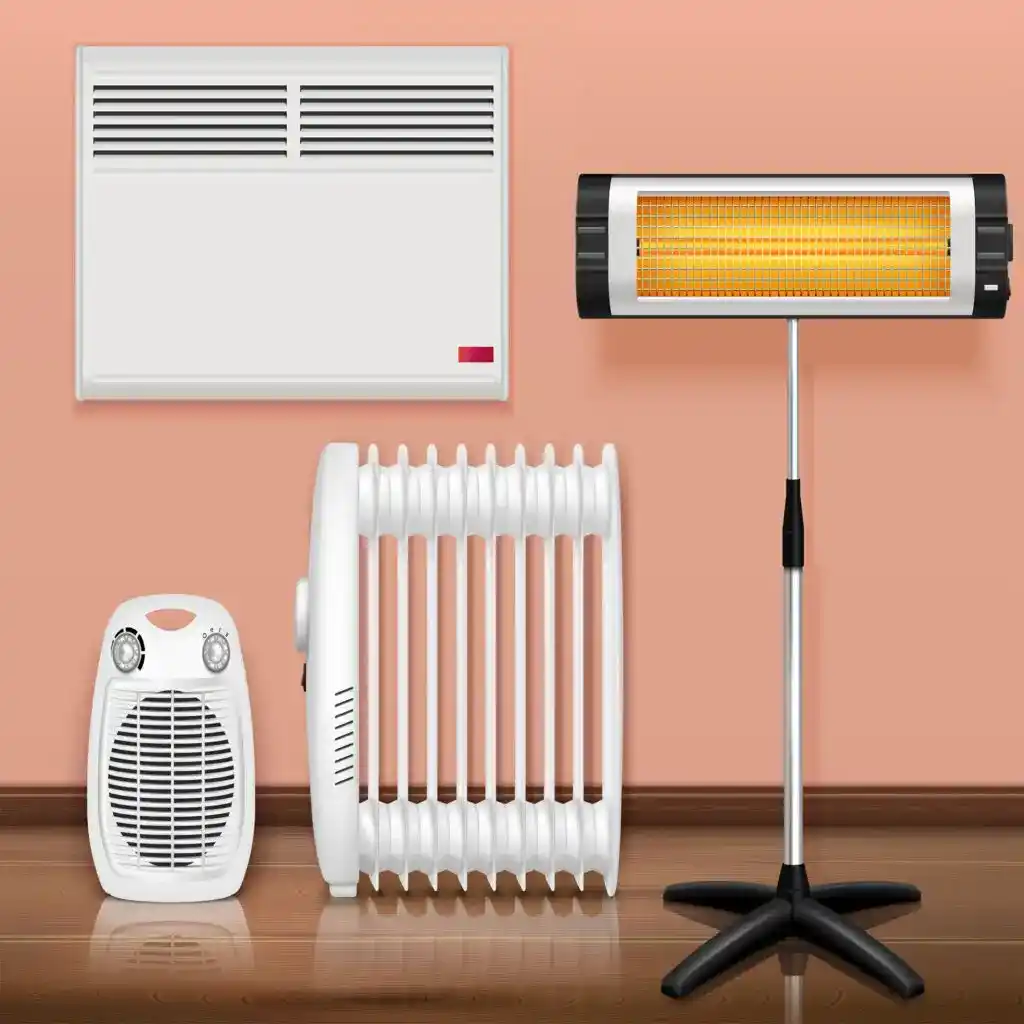Table of Contents
ToggleWhat is the full name of an OLED
OLED is short for organic light-emitting diodes. OLED is a display technology just like LCD and LED but it is a very much different technology.
Experience the beauty of an OLED TV
It is called organic LED because it uses the semiconductor material in LEDs. It uses two conductors to sandwich organic thin films to create a display on the screen. When an electric current is applied to this structure, the diodes emit very bright light. Every pixel is controlled individually and emitting own light. It does not require backlighting, So these OLEDs are thinner and have lesser weight than other types of tv display technologies.
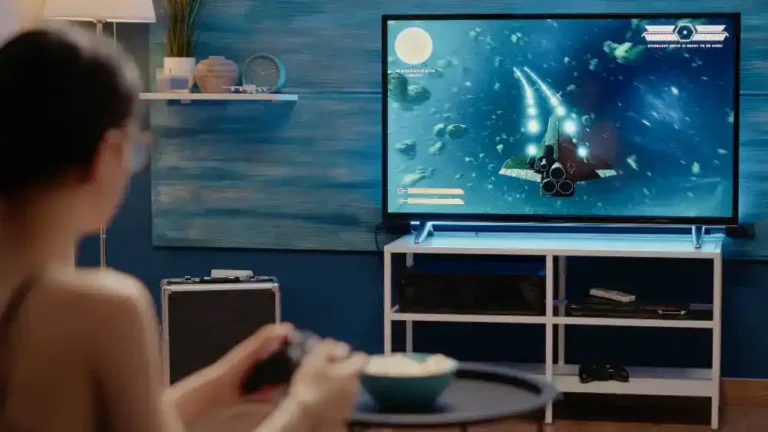
More Detail
It has a wide angle to view that is up to 160 degrees. It is very much capable of display even in bright light. It is very energy efficient as it takes only two to ten volts. LG and Samsung are providing OLED TVs in the market. It makes it easy to produce flexible and transparent displays. It is real blacks.
Where can you find OLED?
OLEDs are found in many devices for display purposes like mobile phones. Its demand is increasing day by day due to its flexibility and slim size. It is also used by world the best companies in premium TVs. It is used in gaming consoles, computer monitors, digital cameras, wristwatches, airport runway lighting, car lighting, advertising panels, backlighting, and smart cards.
You will love OLED TV because it is
Extremely Thin
OLEDs use semiconductors that are very small in size and it uses conductors to sandwich the organic thin film to produce the image on the screen. It does not use any backlighting. So it is slim in size and very thinner as compared to LCD and LED.
The best picture quality
OLEDs do not use backlighting instead, It uses semiconductor material. It produces very bright light that you can see even in a bright light room. When it sandwiches these thin films and current is applied, a very bright light is produced. Due to this feature, It is used by the world’s best companies to produce premium TVs.
Low Power Consumption
Semiconductors are very light and consume very less energy as compared to LCDs and LEDs. It takes two to 10 volts only. If you compare it with CRT, It is very less.
Wide viewing angle
OLED TVs provide you with wide angles to view. You can enjoy 160 degrees of viewing angle which is much more than other types of technologies.
Contrast Ratio
OLEDs have a good contrast ratio that is 1.000.000:1.
Fast response time
OLEDs have a fast response time when compared with other technologies. As per LG, OLEDs are 1000 times faster than LCDs. Its response time is 1 ms.
Used in battery-operated devices
As you know that OLEDs consume less energy. So these are used in those devices that operate on a battery such as mobile phones.
Brightness
OLEDs are brighter than other technologies because the organic layer is very thin. It does not need glass for support that absorbs some light.
Eco-Friendly
OLEDs’ pixels remain dark and use energy when necessary. This way, It uses less energy then it is environmentally friendly as compared to other technologies that use backlighting.
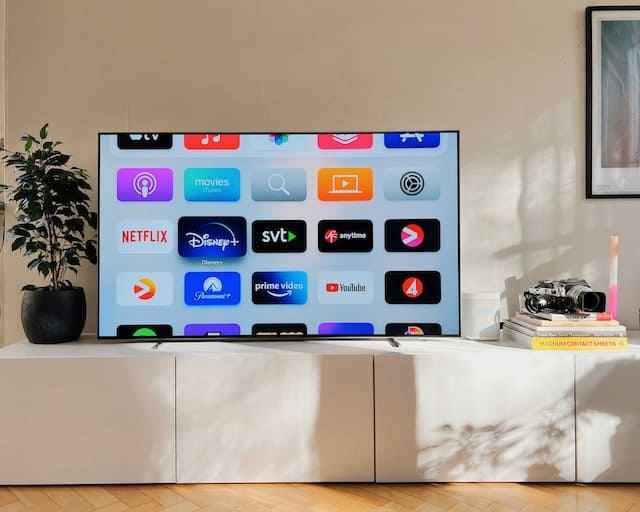
Drawbacks of an OLED TV
Life
The biggest disadvantage of OLED is that its life is not that good as it provides so many features. It uses RGB colors. Its blue OLEDs have 14,000 hours of life. Red and green OLEDs have a longer life than blue which is up to 230,000 hours.
Manufacturing
LED manufacturing is very expensive. So when the final product comes into the market, its cost is higher than other types of TVs.
Not Waterproof
OLEDs are very expensive. If comes in contact with water, it gets damaged easily.
Sunlight
OLEDs do not show images well in the direct sun. Some test shows that LCD results are better than OLEDs.
Susceptible to Burn-in
One of the main problem people have with OLEDs is that they start burn-in. You may experience some channel logos staying on screen for a few minutes.
Expensive
OLEDs are expensive as compared to LCD and LED. If your budget is not much big, then you cannot afford it. However, the price is decreasing as this technology is matured.
White Background
When it comes to energy consumption, It uses very less. But any website or document that has a white background, uses more power than other colors. So it drains the battery of mobile fast.
Screen Flicker
Sometimes, the OLED screen starts flickering, and its brightness decreases.
Difference Between OLED and LED
| Features | LED | OLED |
|---|---|---|
| Full Form | 1.It is Short for Light Emitting Diodes. | 1. It is an Organic Light Emitting Diodes. |
| Power Consumption | 2.More. | 2. Less. |
| Viewing Angle | 3. 55 Degree. | 3. 85 Degree. |
| Price | 4. It is cost-effective. | 4.It has more price.. |
| Image Quality | 5. Good. | 5.Better than LEDy. |
| Brightness | 6. More. | 6.Less. |
| Flexible | 7. More Flexible | 7. Less Flexible. |
| Size | 8. Large. | 8. Smaller than LED. |
| Life | 9. Longer Life. | 9. Less Longer Life. |
| Screen Thickness | 10. Thin. | 10. Thinner. |
| Weight | 11. Heavy. | 11.Light. |
| Response Time | 12. More | 12. Less. |
| Eco Friendly | 13.No. | 13. Yes. |
| IContrast | 14. Not Good. | 14. Good. |
| Screen Burn-in | 15. No. | 15. Yes |
| Which is better? | 16. For Some Features. | 16. For Some Features. |
| Slim | 17. Not as LED. | 17. Yes, Its slim. |
| Best Black Level | 18. No. | 18. Yes |
| Screen Size | 19. Up To 90 Inch . | 19. Up To 55 Inch. |
| Cost | 20. Less. | 20. More. |
| Backlighting | 21. Yes. | 21. No . |
Pin Points
An OLED TV is an Eco-Friendly technology that uses semiconductor material to display. It has lesser weight and it requires no backlighting. This means it is energy efficient too. Here we come to know broad information about OLED TV and its usage. It is very different from LED TVs. I explain the differences between the two in the last section.
Thank you so much for reading my article.
you can find my other article here.

